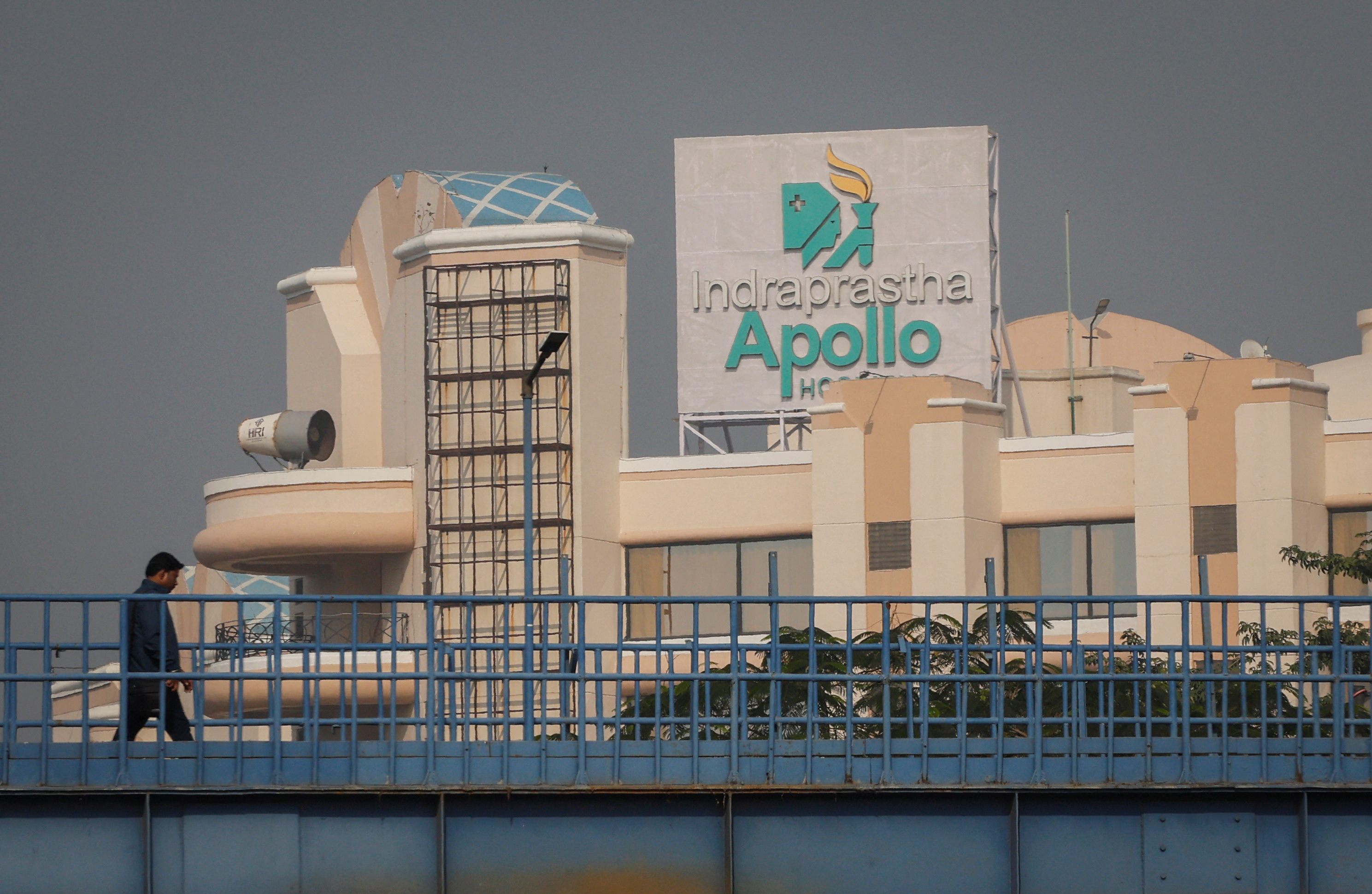In a shocking revelation, the London-based publication 'The Telegraph' has brought forward allegations against Apollo Hospital in Delhi, accusing it of engaging in the illicit purchase of kidneys for wealthy patients in Myanmar from impoverished donors. The controversy has sparked widespread concern, as the hospital denies the claims, calling them "false, ill-informed, and misleading." Let’s get into the details of the controversy, exploring the alleged modus operandi and the responses from both the hospital and relevant authorities.
The Controversy Unveiled: 'The Telegraph' report alleges that Apollo Hospital in Delhi has been part of an illegal kidney transplantation network, where kidneys are purchased from economically disadvantaged individuals in Myanmar for affluent patients in the country. The report emphasizes the magnitude of this illicit trade, even though paying for organs is strictly prohibited in India.
Modus Operandi: According to the investigation, the process involves an elaborate forging of identity documents and staged family photographs to present donors as relatives of prospective patients. This manipulation is designed to bypass the legal restrictions that prohibit organ transplants from strangers under Indian and Burmese laws. The report goes further to name a Myanmarese doctor, purportedly the head of Apollo’s Myanmar operations, who allegedly shared a document detailing the expenses related to the procedure. These expenses range from drawing up a family tree to flights and registration for the medical board, with a total cost for a kidney transplant reaching up to £17,100 for the patient.
Hospital's Response: In response to the allegations, Apollo Hospital has strongly refuted the claims, asserting that they are baseless and misleading. The denial raises questions about the credibility of the report and the need for a thorough investigation to ascertain the truth.
Government Inquiry: In light of the controversy, the Delhi government's secretary for health and family welfare, S B Deepak Kumar, has announced an inquiry into the matter. This move underlines the gravity of the allegations and the necessity to determine whether there is any substance to the claims made against Apollo Hospital.
National Organ and Tissue Transplantation Organisation (NOTTO) Involvement: Dr Anil Kumar, the director of the National Organ and Tissue Transplantation Organisation (NOTTO), has stated that both NOTTO and the Ministry of Health will be looking into the allegations. This collaborative effort from health authorities indicates the significance of addressing potential malpractices within the organ transplantation system.
Implications and Concerns: The allegations, if proven true, could have severe consequences not only for Apollo Hospital but also for the broader organ transplantation ecosystem. Illegal organ trade raises ethical, moral, and legal concerns, putting the lives of both donors and recipients at risk. This controversy prompts a larger conversation about the need for stringent oversight and regulation in organ transplantation procedures.
The Apollo Hospital controversy shines a spotlight on the complex and sensitive issue of organ transplantation, bringing to the forefront allegations that demand a thorough and unbiased investigation. As authorities dive deep into the matter, the healthcare community and the public await a resolution that upholds the integrity of organ transplantation practices. This incident highlights the importance of stringent ethical standards and regulatory measures to ensure the transparency and legality of organ transplant procedures

 As authorities dive deep into the matter, the healthcare community and the public await a resolution that upholds the integrity of organ transplantation practices. This incident highlights the importance of stringent ethical standards and regulatory measures to ensure the transparency and legality of organ transplant procedures.
As authorities dive deep into the matter, the healthcare community and the public await a resolution that upholds the integrity of organ transplantation practices. This incident highlights the importance of stringent ethical standards and regulatory measures to ensure the transparency and legality of organ transplant procedures.










.jpeg)


.jpeg)
.jpeg)
.jpeg)
_(1).jpeg)

_(1)_(1)_(1).jpeg)
.jpeg)
.jpeg)
.jpeg)








.jpeg)
.jpeg)